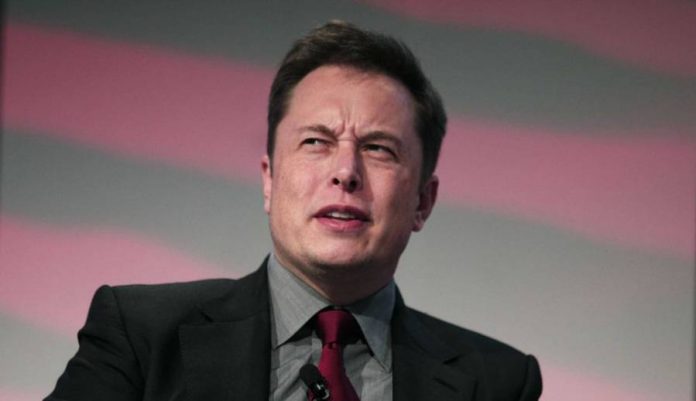
General Motors and Honda announced at the beginning of the week they would start mass-producing hydrogen fuel cells by 2020 at GM’s Brownstone, Michigan plant. The joint operation will cost $85 million.
The move bets on hydrogen-powered cars becoming a more mainstream alternative to zero-emission drivers and manufacturers. The industry currently has its attention aimed mostly at battery electric vehicles (BEVs).
Hydrogen infrastructure is relatively small in scale in contrast to the electric grid in the United States and the world, but that is quickly changing as automakers realize the gas is even more efficient than battery cells.
Hydrogen fuel cells worldwide adoption
The U.S. is currently working on making hydrogen a more widely available option for green drivers, but as it stands now, the technology is barely accessible to those living in California.
Outside the Golden State, the presence of refueling stations is virtually non-existent, as production is expensive at the moment and returns are all but guaranteed with the limited amount of fuel cell vehicles (FCVs) out there.
According to the U.S. Department of Energy, there are currently 33 hydrogen stations in the entire country, against more than 15,000 recharge stations for electric cars.
Countries like Japan see vast potential on the zero-emissions alternative, with local automaker Toyota studying hydrogen fuel cells for the last 23 years and planning to build an island-wide network of stations by 2020.
Germany and Denmark are leading the FCV efforts in Europe, pledging to significantly increase the amount of cars and stations in both countries by the mid-2020s. BMW and Mercedes-Benz are leading the charge for hydrogen.
Which are companies working on hydrogen-powered cars?
Straight from Japan, Honda and Toyota are two of the automakers which have made cars fueled by hydrogen a tangible reality available right now.
Toyota has been selling the Mirai in Asia since 2014, and it was the first company to sell hydrogen-powered cars in the United States. Honda, on the other hand, started leasing the Clarity late last year in California.
Through its partnership with Honda, General Motors is working on an army fuel-cell vehicle that is expected to undergo testing throughout the year to see how it stands in harsh environments.
Other manufacturers have more long-term goals, like BMW, Mercedes, and Audi, all of which have presented prototype models of hydrogen-based cars that won’t roll out until after 2020.
Ford, in its admirable commitment to the environment, is not only working on mass production of an affordable self-driving car by the mid-2020s but also on consumer-oriented FCVs launching this year.
Source: Business Insider / Car and Driver










